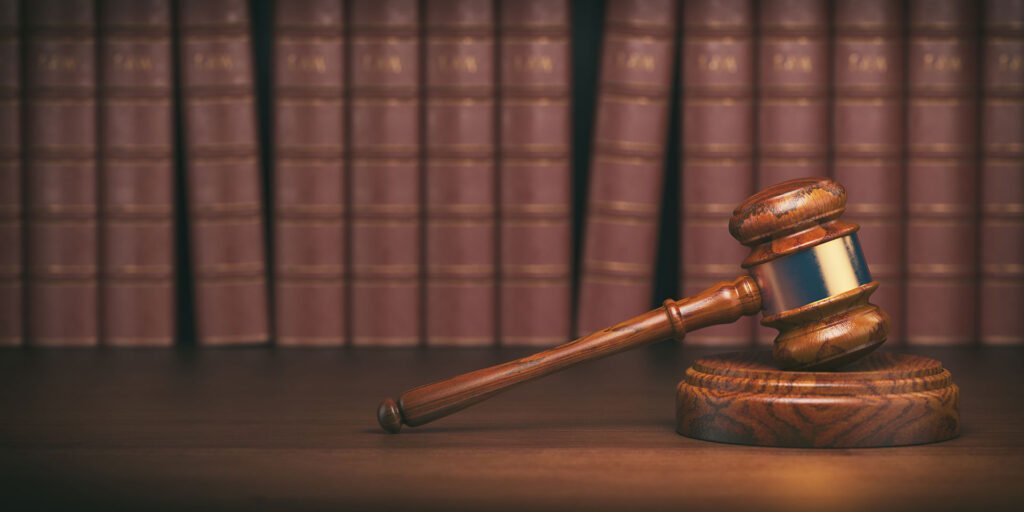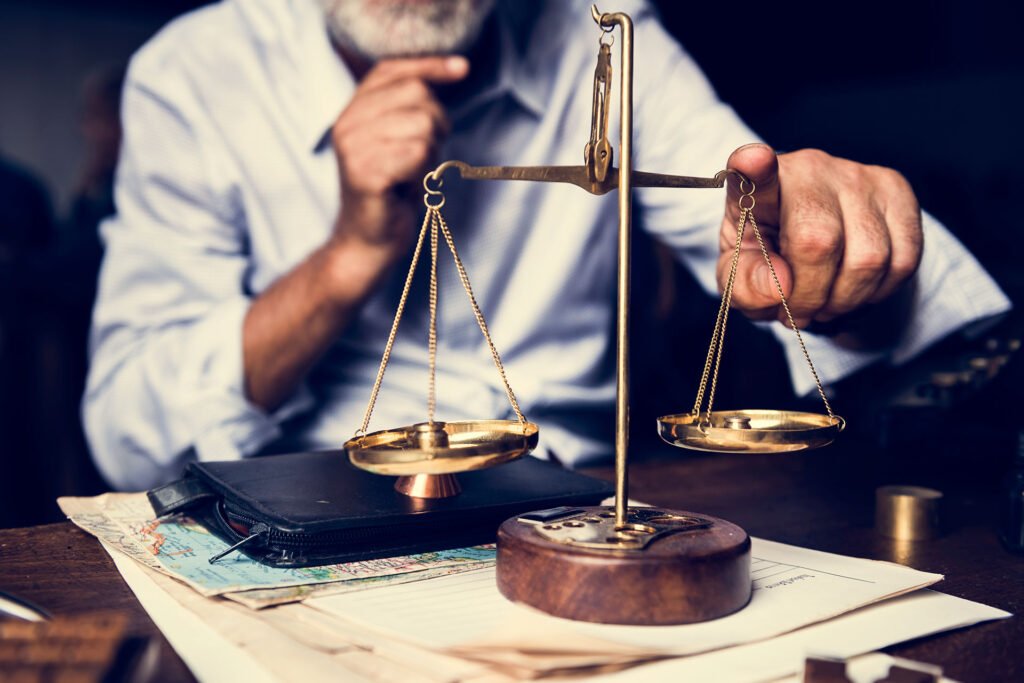Property Law in Pakistan
What is the Property Law in Pakistan? What is the process for acquiring land and property?
The property belongs to the person who owns it, according to property law. There are several properties on earth, and without determining who owns them, chaos will result. In addition, as time passed, people became more aware of the importance of owning property. Moreover, it refers to “a set of rules that are recognized by individual countries or communities as governing the behavior of their citizens”. Depending on the circumstances, the government may impose penalties to enforce these rules.

What Does Land Mean?
Property that is an immovable island. Moreover, we interchangeably refer to both land and property as property. According to Pakistani law, land should be used and owned according to certain rules and regulations. The following are a few additional definitions of immovable property;
Immovable property Law:
“Immovable property refers to land, buildings, as well as the benefits derived from the land and things attached to it. The term refers to everything that is attached to the earth.
Moveable property Law:
Moveable properties are different from other kinds of properties, and they are also defined differently.
“Moving property refers to all other property except immovable property. Therefore, the movable property includes standing timber, growing crops, and fruits on trees.”
What are the requirements for owning land in Pakistan?
The land and property of Pakistan are the provinces’ responsibility. Similarly, each provincial government sets its own laws regarding property ownership. Foreigners can own property under the law if they meet the necessary requirements. As stipulated in article 23 of the Constitution,
“Each citizen has the right to acquire, hold, and dispose of property in part of Pakistan.”
Furthermore, based on article 172 of the Constitution;
Provinces have the right to possess any property located within their boundaries that no owner is entitled to possess. In every other case, the Federal Government.”
What Is a Land Record?
The term “land records” refers to land registers. In addition, it discusses the Record of Rights (RoRs). Additionally, it describes the boundaries of ownership and how the property appears. Moreover, the land record is necessary for taxation and other legal purposes. In the village, we can determine how much land each individual owns based on the land records.
Furthermore, UN-Habitat points out that;
The land rights are established through a comprehensive document called Misal-e-Haqiat, which is accompanied by the Jamabandi (performed every four years) and the Mutations Register (Intaqalaat)

What is the process of transferring property rights?
According to the 1882 Transfer of Property Act:
“The sale of a property is the exchange of its own for payment or a promise of payment.”
The right to acquire property is also among the fundamental rights of every Pakistani citizen. According to the law, as well as
The lawful owner of an asset has the right to sell, give, mortgage, gift or otherwise dispose of it. It is considered a part or incidence of ownership to have such rights. The devolution of inheritance also results in the transfer of property rights, as well as sales, gifts, etc.
The following laws govern transfer procedures;
- 1967 Land Revenue Act. Several minor changes have been made to this act, which is a provincial act. The primary law governing rights records is this one. Furthermore, it governs the transfer of rights through mutations;
- Transfer of Property Act 1882 regulates and describes the transfer of property (sale, lease, mortgage, etc.);
- The Registration Act of 1908 provides detailed procedures for registering documents. Registration includes the registration of transfer deeds and sales deeds;
- Laws adopted by private housing societies, cooperatives, and mutual societies. The cantonal boards, etc.”
LEGALITIES GOVERNING TRANSFER OF PROPERTY IN PAKISTAN
Here are two of the most common cases involving property transfers in Pakistan.
- As a gift, someone received immovable property
- Inheritance of property after death
Let’s take a closer look at each of these scenarios.
Looking for Legal Service With Global Quality?
1. An immovable property is given as a gift to someone
A “gift” is a transfer of property before the owner dies. In the case of gifting property, ownership is transferred immediately upon receipt. Immovable property is often given as a gift without considering its market value. Pakistani citizens of sound mind have the right to dispose of their property by gift. A gift of immovable property must never be made under undue influence, dominance, deceit, or coercion.
The following are some of the main points about the validity of property transfers in Pakistan.
- Property is immediately divested from the donor’s ownership
- Declaration of gift property by the donor
- Acceptance of a gift by the recipient.
- The donor delivers the recipient’s possession of the gifted property
If you want to give your own property as a gift to a friend, acquaintance, or family member, you will need the following documents:
- Letter of Allotment Original
- Clearance certificate for property taxes
- Attested copies of CNICs
- The statement has been recorded before the respective Deputy Director and is sealed by him
- Building Control Authority’s NOC
- The bank draft must be in the amount of PKR 3000 or PKR 5000 (depending on the case).
2. The property inherited after the death of a relative
Pakistan automatically transfers property rights to the legal heirs upon death. Here are some of the key highlights of Pakistan’s inheritance law that govern the phenomenon of changing property ownership.
Regardless of the sect, in the Transfer of Property Act and Islamic law, there is no concept of a Will, so all shares are distributed to legal heirs.
A devisee’s share is determined by their relationship with the deceased. It is usually blood relatives who have the closest relationship with the deceased. It may not be possible to summarize all possible scenarios for the distribution of shares here, considering this phenomenon has many facets and angles.
It is possible for the owner of any property to donate it during their lifetime. It could be given as a gift, donated to a charity, or donated to an individual, welfare trust, or humanitarian organization. The decision to donate the property cannot be challenged even after the donor has passed away.

What is the process of acquiring land by the state and when can it be done?
The state of Pakistan has the right to acquire land in any part of the country. The program, however, is subject to certain restrictions and specifications. It is very clear to read article 23 of the 1973 constitution based on this consideration.
Every citizen of Pakistan has the right to acquire, hold, and dispose of property anywhere in the country. Furthermore, the law may impose reasonable restrictions that serve the public interest.”
The owner cannot be deprived of his property by anyone other than the law under article 24 of the constitution.
Therefore, we can conclude that Pakistan’s constitution grants its citizens the right to own property. Keeping a record of property ownership is also the responsibility of the government. The constitution also gives the government the right to acquire land when necessary.
